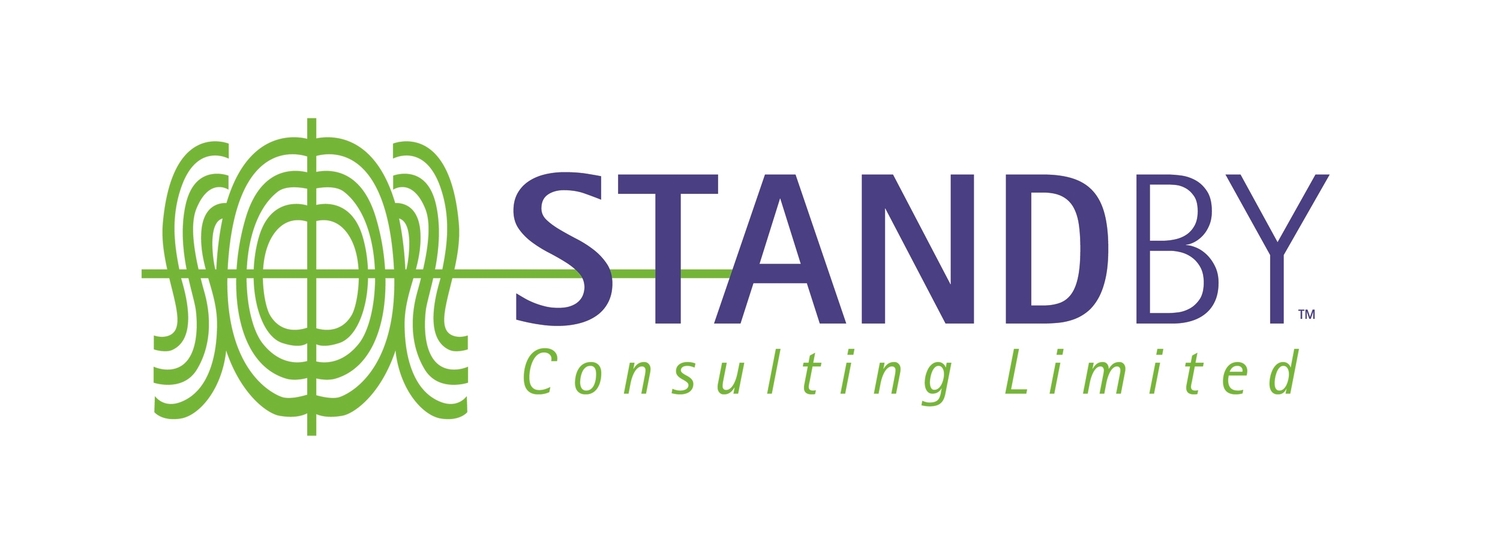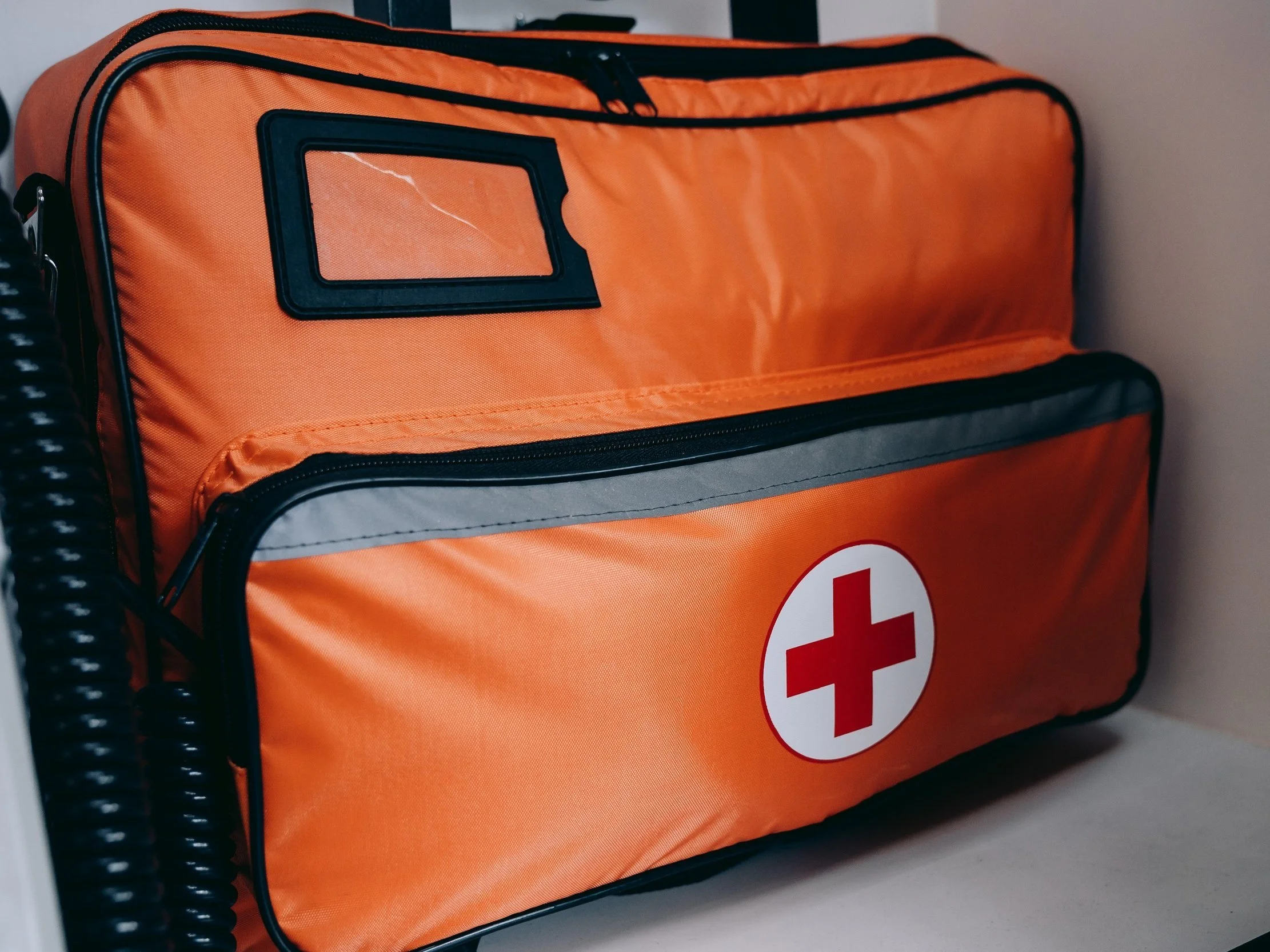Pandemic Planning – what you need to know to be prepared
/Within 24 hours of it becoming public that the Corona Virus pandemic has moved out of China and into Iran and Italy, Standby Consulting received requests from our clients to produce a specific pandemic plan to deal with an outbreak of Covid-19 at their location.
In a “normal” disaster situation, one gets the key players in a room and you work through the event and the solutions and impacts. With a pandemic it is quite different – where group meetings and gatherings are not recommended and special processes for personnel and visitors need to be part of your plan.
For many years the health officials have been telling us to be prepared for a pandemic. As per usual most ignored this warning, but pandemic plans have been one of the scenarios that Standby builds into our clients’ Business Continuity Plans.
I am pleased to say that from the time the initial calls came about Covid-19, we had produced a plan that met the clients’ needs and sent it to them by the following day.
We achieved this by using the time zone differences between the locations we operate in; where when one group was sleeping the other group was working on the plan. Also, because our personnel were in different countries, we were able to tap into material from multiple locations.
One of the challenges with the current event has been to obtain good factual medical information. The information being reported by the various news media was often headline-grabbing with minimal research. Luckily the two base countries we operate in – Bahrain and New Zealand – have been putting out quality information from their ministries of health.
The importance of Workplace Recovery Sites
Additional challenges to those clients who operate 24 hours a day 365 days a year from a centralised site across several countries was having to consider; “what will happen if our offices are infected and we are closed down by the health authorities?”. Most Business Continuity Plans cover outages of a few days, but for 14 days, such a major outage is a serious event which could cripple an organisation. This is why, with our clients, we focus on having good Workplace Recovery Sites, where people can relocate to work isolated from the main office. We have this in place now with our key clients.
The incident described occurred in Bahrain where there has been a significant number of infections. Without the inclusion of a workplace recovery site in their plan, operations would have been forced to cease until the local authorities lifted the quarantine.
For those businesses in New Zealand, you need to think about these issues and plan for a close-down of your operations for 10 days.
Diversification of supply chain and client base
This event has also highlighted to me a major concern I have had for many years, particularly for manufacturing and other businesses that rely heavily on imports to produce their goods, and that is the danger of “putting all your eggs in one basket”. So many companies seem to be dependent on one country or one location for their key manufacturing or their client base. This is not a good approach and hopefully, people learn from the experience. These risks are the sort of things that need to be identified when preparing your own Business Continuity Plan and you need to have alternatives, or a plan to diversify your supply chain and your source of income.
Equally if your organisation is a supplier, do not be surprised if your clients start asking to see your plan to deal with a pandemic or event that could impact your services to them. Be warned, be prepared, as Standby is seeing these requests coming in from large international organisations.
Sam Mulholland is a business continuity consultant and disaster recovery planning specialist. Sam can be contacted through the Standby Consulting New Zealand and Middle East offices should you wish to introduce Pandemic Planning into your Business Continuity Plan.



